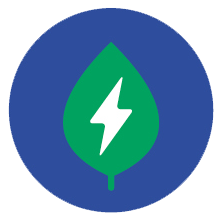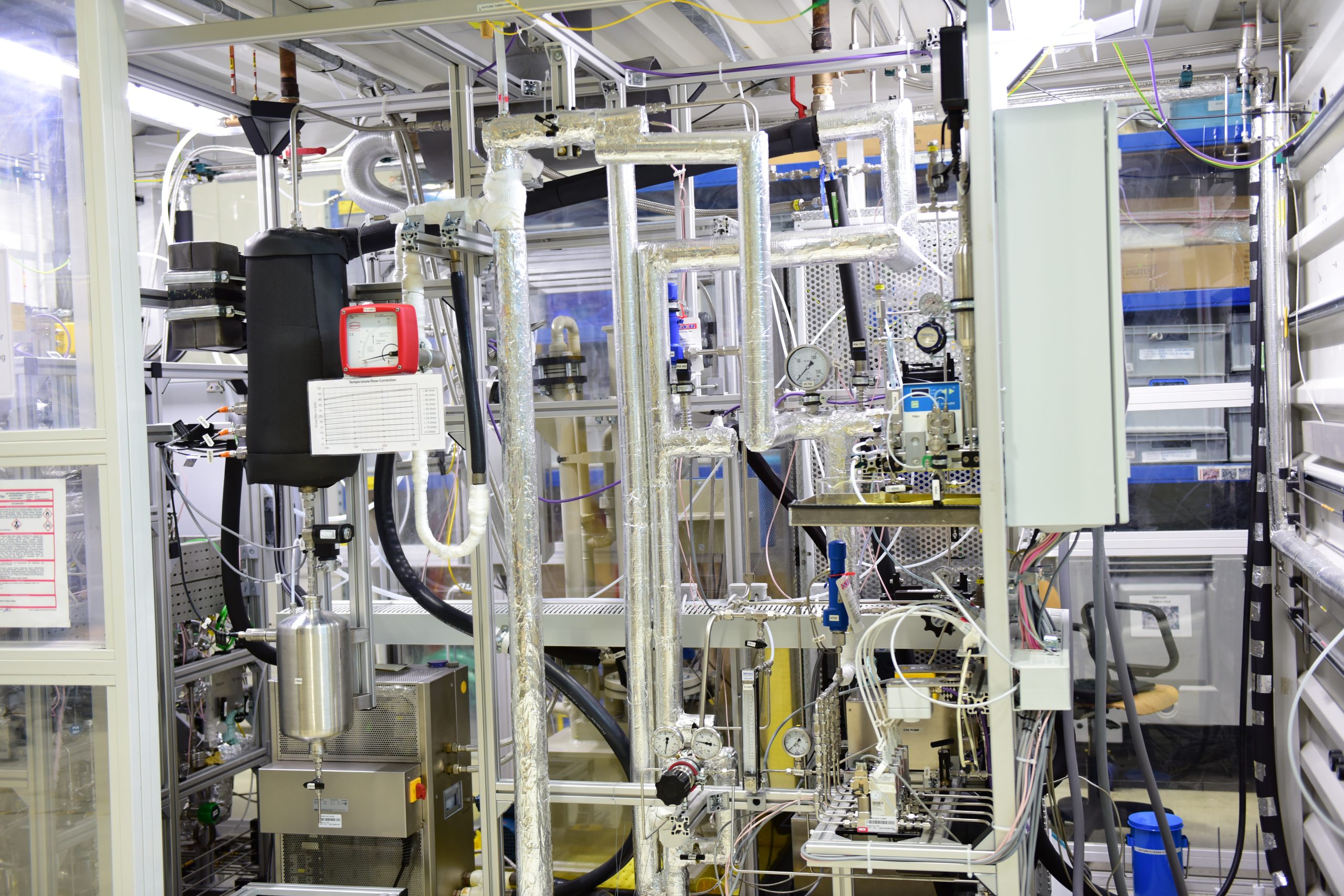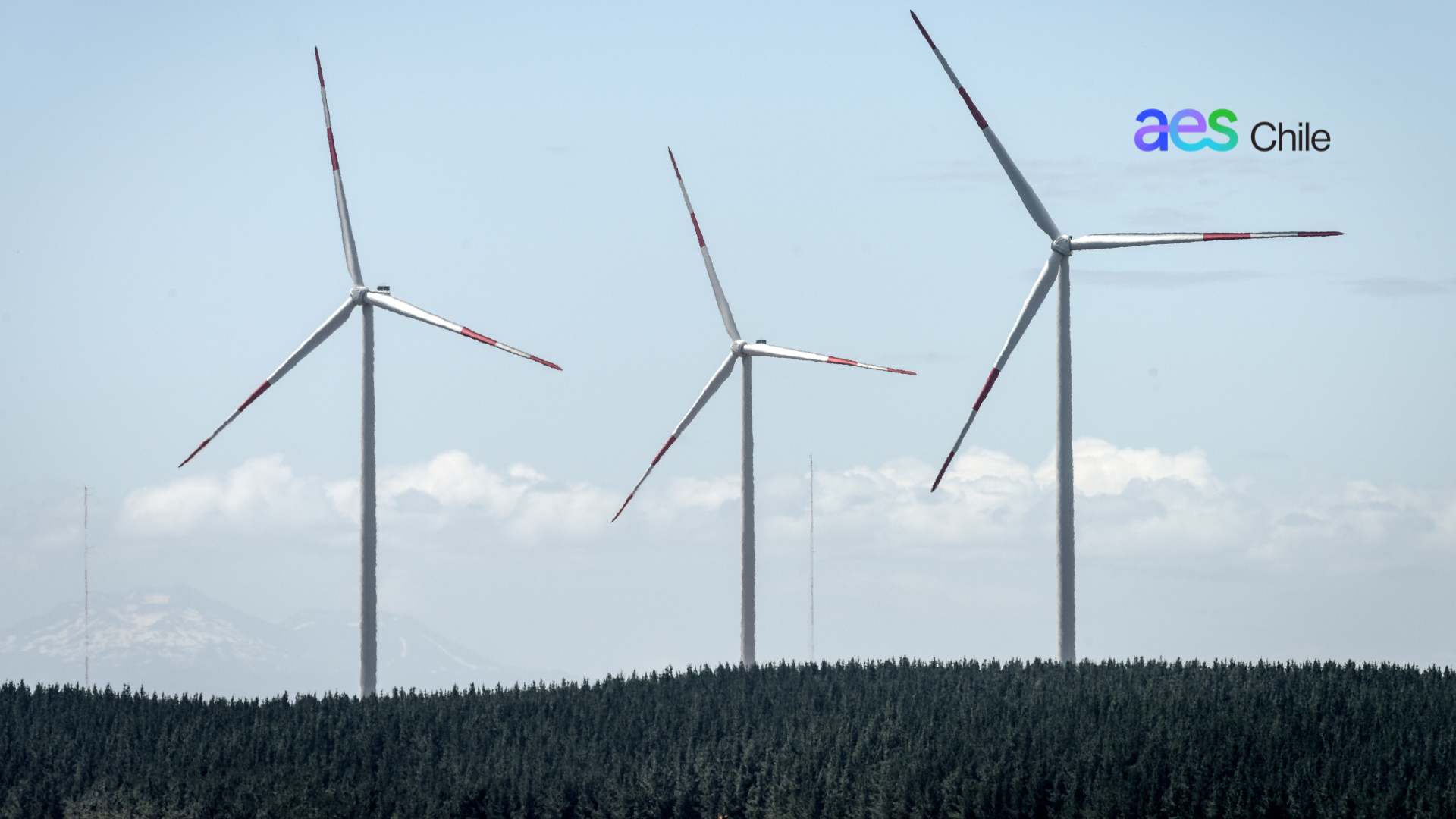
Fraunhofer Chile is working to accelerate the substitution of fossil fuels in mining and other energy-intensive activities that cannot be electrified, such as heat in industrial processes; high tonnage and long-distance trucks; heavy machinery; or maritime and air transport. With this in mind, Fraunhofer Chile, together with six other centers of Fraunhofer Germany, and private enterprise, are developing the Power-to-MEDME project for the installation of pilot plants in the Antofagasta Region, which will allow the large-scale production of solar green hydrogen and its derivatives: methanol (fuel for the maritime sector, aeronautics and chemical industry), and Dimethyl Ether (DME). “We aim to reduce costs and increase efficiency. To this end, we are conducting optimization studies, use in mining processes, development of business models, engine retrofit tests, among others,” explains Lars Metkemeyer, Project Manager in charge of the initiative in Chile. “DME has many advantages over other e-fuels: it can use the same infrastructure as Liquefied Petroleum Gas, LPG; it has superior combustion characteristics to diesel and is an excellent hydrogen carrier,” adds Marco Vaccarezza, Head of New Technologies at Fraunhofer Chile. Experts are also working on the production of 20% blending with diesel in internal combustion engines. “It is a great solution to replace large amounts of diesel in the short term in mining vehicles in Chile. We estimate that the transition will be ready in two to three years. Only marginal adaptations are required. This would break down the barriers to entry for synthetic fuels, and then H2V,” concludes Marco Vaccarezza.



 Related News
Related News Minister of Energy will be the honorary president of Hyvolution 2023: Chile’s first green hydrogen exhibition and congress
Minister of Energy will be the honorary president of Hyvolution 2023: Chile’s first green hydrogen exhibition and congress
 AES Chile reinforces its commitment to innovation and renewable energy at Hyvolution 2024
AES Chile reinforces its commitment to innovation and renewable energy at Hyvolution 2024
 ENGIE will be part of the first version of Hyvolution in Chile
ENGIE will be part of the first version of Hyvolution in Chile
